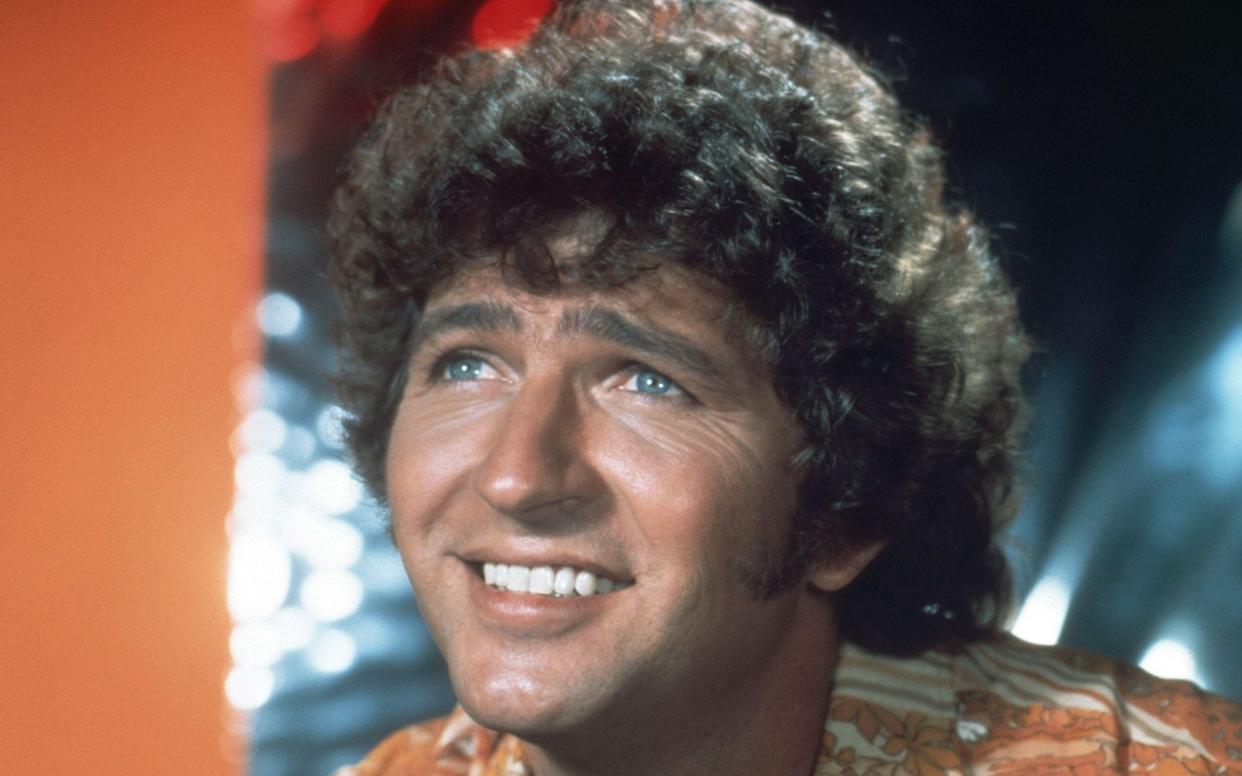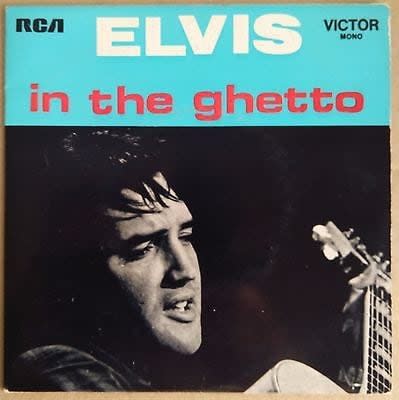Mac Davis, Texan songwriter who with Billy Strange gave Elvis Presley several hit records – obituary

Mac Davis, who has died aged 78, was a singer, actor and entertainer, at the peak of his success in the United States as a country and pop performer in the mid-1970s; but his work was perhaps most widely known through songs he wrote for others, notably hits for Elvis Presley such as In the Ghetto and A Little Less Conversation.
Davis was inspired to become a musician by the example of a boy a few years above him at Lubbock High School in Texas: “Buddy [Holly] was on the radio,” he recalled, “but we thought they just played him on the Lubbock stations. Then I saw him drive down College Avenue in a new, black and pink Pontiac Catalina convertible. New glasses. New teeth. And girls in the car. And I said if Buddy can do it, so can I.”
By the late Sixties, Davis was working at Nancy Sinatra’s Boots Enterprises, appearing on her records and penning songs for the likes of Perry Como, B J Thomas, Kenny Rogers and Louis Jordan. Versatility, as well as an unaffected straightforwardness, was to become one of the hallmarks of his music.

A frequent collaborator with Nancy Sinatra was the songwriter and arranger Billy Strange, and while working with him Davis came to Presley’s attention. In 1968, he was asked to write – overnight – a song for what would become Elvis’s celebrated Comeback Special. This was the televised concert in front of a studio audience that marked his exuberant return to live performance after years churning out films.
Working until dawn in Strange’s garage-cum-office, Davis wrote the sentimental ballad Memories, which established itself as a favourite of Presley fans. He and Strange also came up with the more upbeat A Little Less Conversation.
Intended originally for Aretha Franklin, it was initially a minor hit for Presley after featuring in his 1968 musical comedy, Live a Little, Love a Little. In 2002, however, after it was used in the film Ocean’s Eleven and had been remixed by Junkie XL, it became a worldwide smash and reached No 1 in the UK (and then No 3 when re-released in 2005).
In 1969 Presley had his first Top 5 hit for four years when reaching No 3 in the US (and No 2 in Britain) with In the Ghetto. The words chronicle the short and bleak cycle of life of a black child born “As the snow flies / on a cold and grey Chicago morning”. The boy grows up angry, steals a car and is shot dead. Elvis’s embracing a song with such a powerful social message was a landmark in America’s battle over civil rights.

The lyrics drew, said Davis, on the shaming conditions in which a black friend, Allen Smith Jr, had been raised in Lubbock. Davis reflected that it was only after desegregation took place at his school that he realised there were no black pupils there.
His other credits for Elvis included Don’t Cry Daddy, written by Davis when his first marriage ended, Clean Up Your Own Backyard, another “message” song, and Charro, the title song of a 1969 Western with no musical interludes.
What Davis thought of as his best tune, however, was I Believe in Music, first recorded by Helen Reddy – who coincidentally died on the same day as Davis – and later a hit for Gallery.
The song came to Davis when he was at a party given by Maurice Gibb of the Bee Gees and his then wife, Lulu. Davis was asked to take part in a séance, and when he said that he didn’t believe in that kind of thing, was asked what he did believe in. Hearing himself say what became the title of the song, he was prompted to pick up a guitar of Gibb’s and begin composing.
By the start of the Seventies, Davis had been signed to a record deal of his own. He had a warm, natural voice and in 1972 topped the US country and pop charts with Baby, Don’t Get Hooked on Me.
The song made a virtue of Davis’s – and the era’s – easygoing approach to sex. Several other crossover hits followed, including Stop and Smell the Roses and One Hell of a Woman. In the UK, Davis’s novelty track Hard to be Humble (“when you’re perfect in every way”) reached the Top 30 in 1980.

Morris Mac Davis was born at Lubbock on January 22 1942. His father was a builder and owned a motel where Mac and his sister grew up when their parents divorced.
Mac’s memories of his childhood were of being regularly bullied as he was short, and of the sandstorms that would blow the dirt from the parking lot across the road on to that of the motel. His strict and religious father would make him shovel it up and put it back. Davis left school, and Lubbock, at 16.
In the mid-Seventies, the curly-haired Davis had his own variety television show on NBC for several years. Between 1972 and 1985, he placed 16 songs in the country charts, and his Hooked on Music was a No 2 in them in 1980. He also featured as a lead actor in several films, including North Dallas Forty, Cheaper to Keep Her and The Sting II (1983).

The last was a notorious flop, though, and as his career waned Davis descended into alcoholism. He recovered from this, however, and continued to appear in television shows such as Murder, She Wrote, King of the Hill and The Dukes of Hazzard,. In the early Nineties, he starred on Broadway in The Will Rogers Follies.
Latterly, he had begun writing songs again, notably with Avicii. Introduced to the Swedish musician by his golf partner, Davis co-wrote Addicted to You, which was a huge dance hit in 2015 (three years before Avicii’s sudden death at 28).
Mac Davis was twice divorced, from Fran Cook (1963-1968) and Sarah Barg (1971-1976), who then married Glen Campbell. He is survived by his third wife, Lise, to whom he was married for 38 years, and by three sons.
In 1974, in Texas in My Rear View Mirror (1974), Davis sang: “And when I die. you can bury me in Lubbock Texas in my jeans.” Reportedly, he was.
Mac Davis, born January 21 1942, died September 29 2020

 Yahoo News
Yahoo News 
